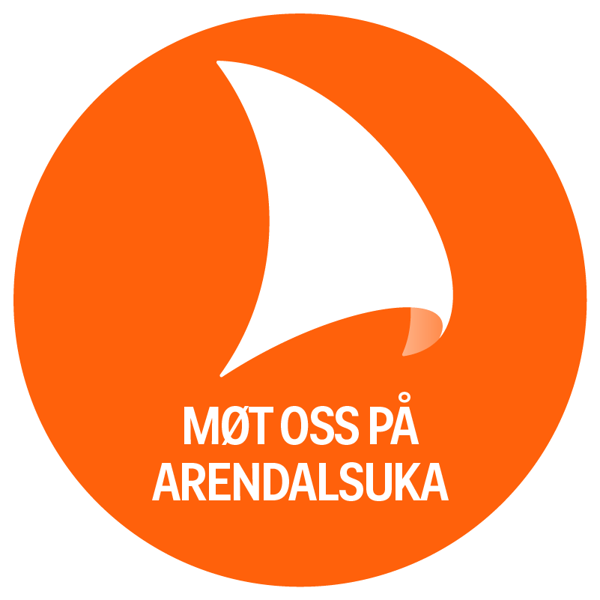24th – 26th September 2025, Norwegian University of Life Sciences
Please follow the link bellow and register in order to access the livestream:
https://www.nmbu.no/evu/nordev25-solidarity-social-justice-and-sustainability

24th – 26th September 2025, Norwegian University of Life Sciences
Please follow the link bellow and register in order to access the livestream:
https://www.nmbu.no/evu/nordev25-solidarity-social-justice-and-sustainability


Follow the link bellow for more information:
https://www.eadi.org/eadi-events/general-conference/eadi/iob-2026-shaping-sustainable-futures-global-challenges-glocal-solutions/eadi/iob-2026-call-for-papers#
Uma Kathari (Confirmed Keynote Speaker)
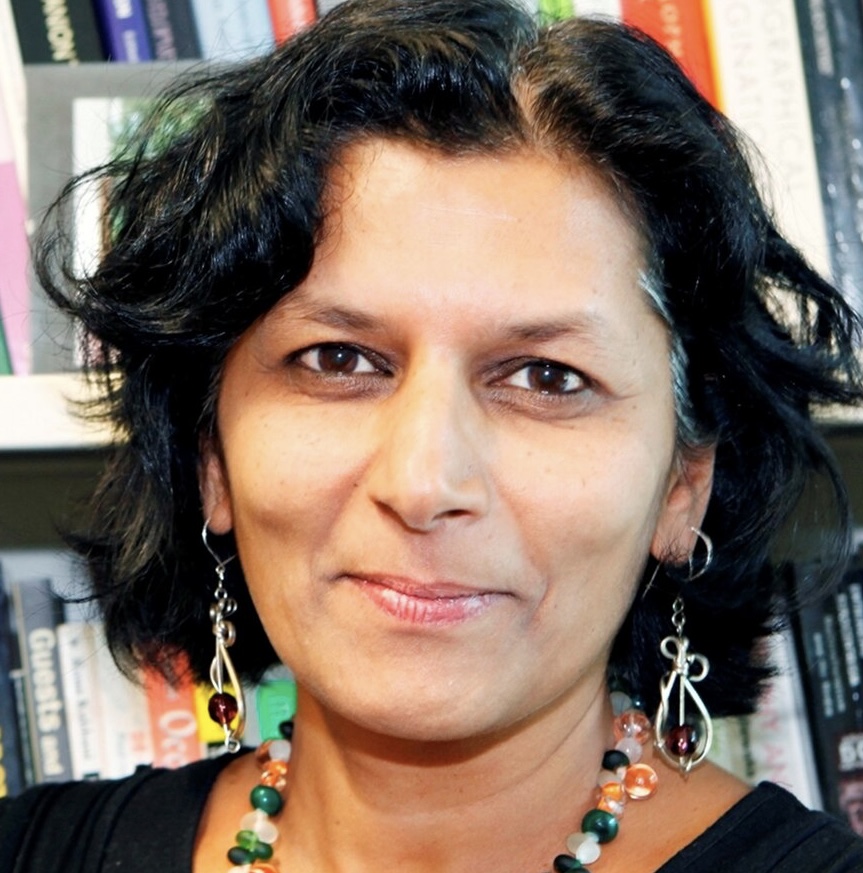
Uma Kothari is Professor of Migration and Postcolonial Studies at the Global Development Institute, University of Manchester. Her research interests include colonial legacies and decoloniality; postcolonial travel; island geographies and the power of stories. Her most
recent book, Critical Global Development, was published in 2023. She is currently a Leverhulme Major Research Fellow on the project ‘Touring Britain in the 1950s: the adventures of postcolonial travellers’.
Olle Törnquist (Confirmed Keynote speaker/panelist)
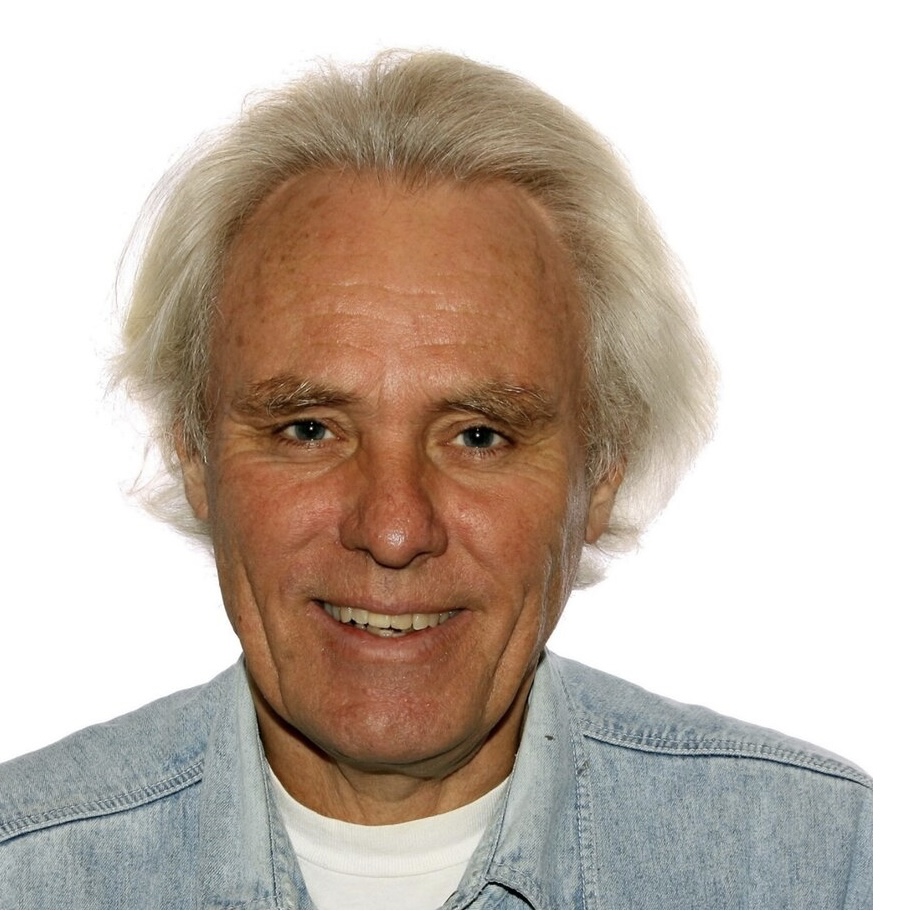
Olle Törnquist is a Swedish global historian and Professor Emeritus of Politics and Development at the University of Oslo, Norway; earlier at Uppsala University. He has written widely on radical politics, development and democratisation. His main empirical focus since the 1970s has been Indonesia, India and the Philippines, with Scandinavia and South Africa and Brazil as reference cases. The results were recently summarised in In Search of New Social Democracy: Insights from the South – Implications for the North (Zed-Bloomsbury).
Andrea Ordóñez Llanos (Confirmed Keynote speaker/panelist)
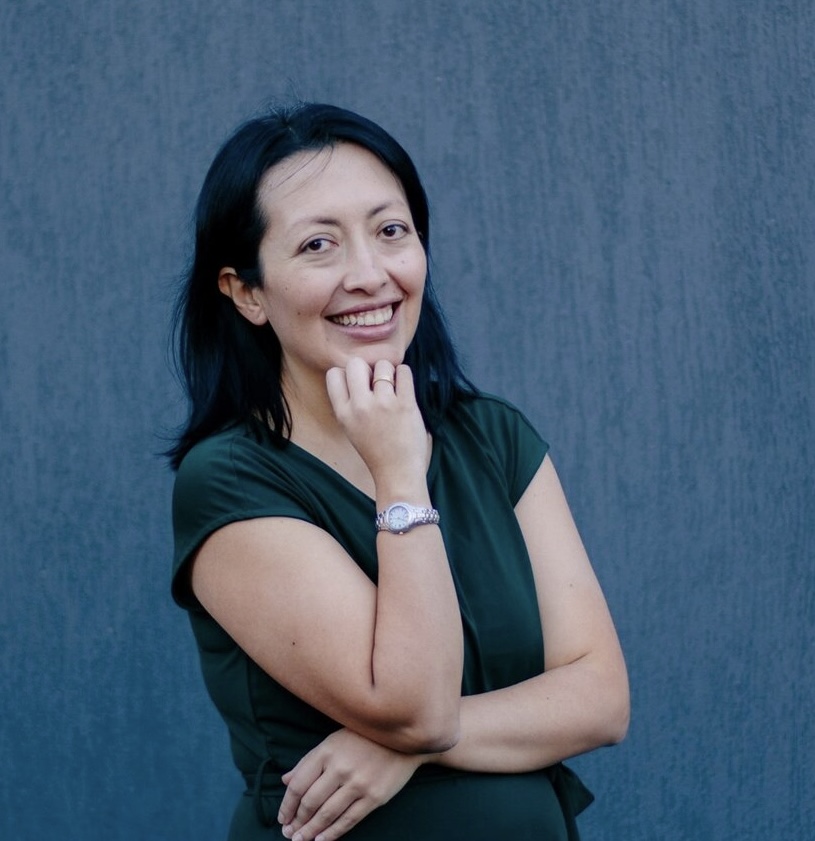
Andrea Ordóñez Llanos co-founded Southern Voice, a network of over seventy think tanks from Africa, Latin America & the Caribbean, and Asia leveraging southern evidence and analysis to promote fair global development debates. An economist by training, Andrea was previously Research Director at Grupo FARO, a think tank in Ecuador. She aims to ensure that new voices and ideas from the Global South are heard across regions to advance some of the most complex problems of our time. Her research interests are social
policy, public finance, development financing, and international cooperation. She is a member of FCDO’s International Development Expert Group, the International Scientific Advisory Board of the German Institute of Development and Sustainability (IDOS), and a Publish What You Fund board member.
Vivian Price (Researcher and Filmmaker)
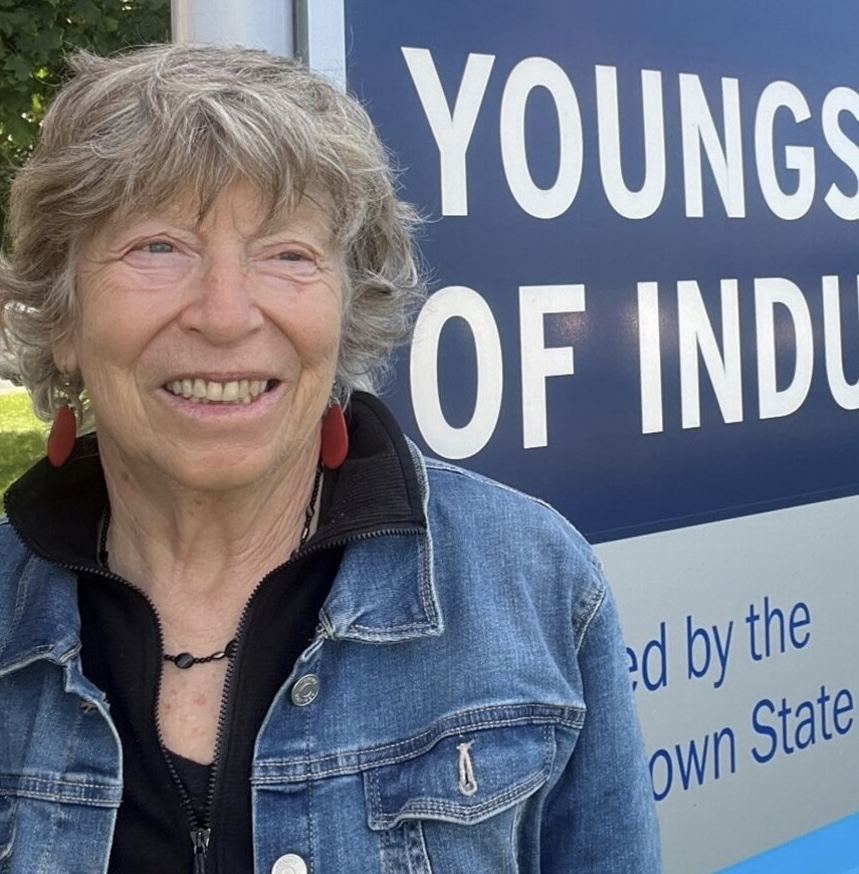
Vivian Price, PhD, Professor at California State University, Dominguez Hills & former union electrician, is a researcher and filmmaker for US and international projects on labor and climate justice. She was a Fulbright scholar at the University of Liverpool, a Fulbright specialist in Norway, working with the WAGE team at the University of Oslo on the perspective of oil workers on climate change, where she directed several video projects including Talking Union, Talking Climate. Price is a member of the Climate Industry Research Team for the Canadian Building Trades Union project on climate literacy in the construction industry. She is directing short films as part of “Transition: action, concepts, debates and strategies – an international comparison,” a study based in the Leeds School of Business and is a visiting scholar at the University of Eastern Finland working on a film on workers and environmentalists in the context of Finnish forest climate sink, as well as
serving on the research team for the Critical Minerals Just Transition Listening Project (Sloan Foundation).
In order to be considered for inclusion in the program, please indicate clearly the number and title of the panel that you wish to contribute to.
We are also aiming to accommodate a limited number of panels for paper submissions that do not fit under the themes of the open panels listed below. If your paper does not fit with in a pre-identified panel, please label your submission with “Undefined Panel”.
The list for Open Panels can be found by clicking the link bellow:

We are calling for paper abstracts to the Open Panel Sessions listed below. Submissions of abstracts of no more than 250 words can be sent to conference-nordev25@nmbu.no.
Deadline: Friday, April 4th.

In order to be considered for inclusion in the program, please indicate clearly the number and title of the panel that you wish to contribute to.
We are also aiming to accommodate a limited number of panels for paper submissions that do not fit under the themes of the open panels listed below. If your paper does not fit withing a pre-identified panel, please label your submission with “Undefined Panel”.
List of Open Panels inviting abstract submissions
Growing inequalities, geopolitical instabilities, political polarization, new and protracted conflicts, anti-democratic and nationalistic tendencies and environmental and social injustices linked to unsustainable development trajectories and the “green transition” within and beyond the Nordic countries and Europe threaten to undermine academic and civic freedoms, human rights and development gains and efforts worldwide. The need for collaborative efforts, and critical thinking on “the global development project” and the root causes and solutions to the interlinked sustainability challenges of our times has never been greater. Yet while Nordic universities and development research environments have traditionally played a key role in championing global perspectives, and pursuing collaborative, internationally oriented research and teaching approaches, these activities are under increasing threat. Reforms in academic funding models (leading inter alia to the introduction of study fees for international students in Norway last year), changing geopolitical realities, and new and changing development assistance priorities and modalities are undermining the “global classroom” and weakening possibilities for international collaboration and solidarity. There is an urgent need in this changing context for enhanced Nordic cooperation and rethinking of the roles, responsibilities and possibilities for Nordic development research environments to foster and support inclusive and just transitions to sustainability both at home and abroad. The role of Nordic universities in contributing to inclusive and safe spaces for cross-cultural dialogue and fostering academic-civic solidarity and long-term institution building and reconstruction in the context of increasing geopolitical instabilities, war and protracted conflicts are also important and urgent topics.
🌍 Join the conversation on Solidarity, Social Justice, and Sustainability! 🌱✨
Our upcoming conference embraces inclusivity and broad perspectives on these critical themes. 🎤 Call for Panels, Workshops, & Side Events opens early December and closes January 24th—perfect timing to showcase your ideas!
Encourage PhDs, young scholars, and colleagues to start brainstorming submissions now. Let’s shape an inspiring and impactful program together!
💡 Learn more on our website https://www.nmbu.no/evu/nordev25-solidarity-social-justice-and-sustainability-be-held-nmbu-24-26th-september-2025.


Dear NorDev25 supporters and those who have expressed an interest in receiving updates.
Here comes an update on the timeline, planning and action items ahead for the 8th Nordic Development Research Conference!
The Call for Panel, and themes for workshops and other side events for NorDev25, which will be co-organised by NMBU and NFU and held at NMBU in Ås 24-26 September, will be announced on the NMBU conference webpage.
The conference themes “Solidarity, social justice and sustainability” are aimed at being broad and inclusive and are described more fully on the conference website. You are encouraged to start spreading the word about the conference in your networks to encourage as many relevant and high-quality panel and other submissions as possible and to get PhDs, young scholars and others thinking already now about possible abstract submissions in advance of the call for panels and other submissions, opening.
The timeline for submissions and other deadlines will be as follows:
As with previous NorDev conferences, there will be a possibility to publish papers presented at the conference in the Journal Forum for Development Studies.
NMBU and NFU are looking into supplementary funding avenues which will be specifically directed at covering costs for conference participants and keynote speakers from the Global South, but these funds are not guaranteed, and the moment, we are reliant on covering almost all of our costs via conference registration fees (which will be differentiated).
Ways that you can help us to support bringing more Global South scholars to the conference include:
· Organising a panel session and drawing on existing research, NORHED, PhD school, sustainability arena, and other funding to subsidize conference and travel fees for keynote speakers and Global South scholars in the panel to enable them to attend
· Organising planned project meetings that will take place in the Nordic countries in the days before and after the conference where possible, to economise on costs and emissions for scholars travelling internationally (i.e. start the planning now!)
· Looking into possibilities for additional funding for e.g. dissemination and travel activities connected to existing Research Council projects in your respective countries that could be devoted to e.g. funding “project dissemination panels” and/or similar outreach or societal engagement sessions
· Tip us about other possible sources of funding for organising high-level panels with Global South scholars and keynote speaker representation
Routledge Handbook of Childhood Studies and Global Development.
This Routledge Handbook of Childhood Studies and Global Development explores how global development agendas and economic development influence children’s lives. It demonstrates that children are not only the frequent targets or objects of development but that they also shape and influence processes of development and social change in diverse and meaningful ways.
The handbook makes the case for the importance of placing children at the heart of development debates, examining the complex social, historical, cultural, economic, epidemiological, ecological, geopolitical, and institutional processes transforming what it means to be young in the world today. Through reports on field research as well as a critical engagement with theories in development studies and childhood studies, contributions unravel the structural connections of global development processes as they relate to children’s life worlds. They tease out and tease apart how global developmental processes influence children’s lives, how children inform and shape development, why it is important to keep children at the centre of debates linked to development and socio-cultural change, and ways of engaging children in development research, policies and practices.
Organised in seven sections and 45 chapters showcasing research from both established scholars and early career researchers, and with particular prominence given to the work of authors from the global south, this handbook will be an essential reference for policymakers, practitioners, and for researchers and students across childhood studies, education, geography, sociology, and international development.
Link for purchasing the book is also found here: Routledge Handbook of Childhood Studies and Global Development – 1st E
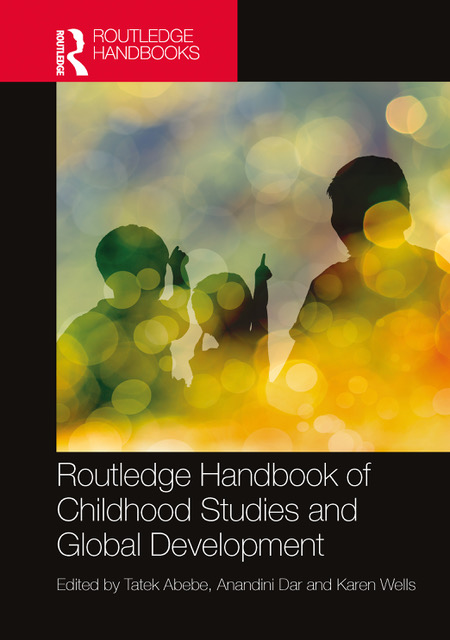
In 2023, the government decided that students from countries outside the EU must pay tuition fees to study at Norwegian educational institutions. Since then, the number of students from countries outside the EEA area has plummeted.
At UiA this year, only 17 international students pay tuition fees, nine of whom receive support through various scholarship schemes. This decline is clearly felt in studies such as the bachelor’s and master’s programmes in development studies, which were known for their international diversity among students. Now, almost all students in these programs have either Norwegian or European passports.
During Arendal Week, researchers at the Faculty of Social Sciences arranged a panel debate on the societal consequences of Norwegian lecture halls losing much of their diversity. The debate was chaired by Professor Ann Christin Nilsen at the Department of Sociology and Social Work and was arranged in collaboration with the Norwegian Association for Development Research (NFU) and SAIH.
The debate was held four years after the white paper “A world of opportunities”, in which it was argued that global problems require global solutions and more cooperation across national borders. Since then, a lot has changed. The introduction of tuition fees for students outside the EU is part of a pattern in which other support for collaboration with research and educational institutions in the Global South is also either cut or reduced. This includes support schemes such as NORGLOBAL and NORPART, which have long contributed to cooperation with countries outside the West.
A small band-aid on a large wound
To compensate for some of the drop in the number of international students, the authorities have introduced a scholarship scheme for students from selected countries in the Global South.
However, the scholarship scheme is only a small band-aid on a big wound, according to panelist and associate professor Arnhild Leer-Helgesen at the Department of Global Development and Planning. She pointed out that the scholarship scheme applies to few students and is also covered by the aid budget, which means that it in reality affects Norway’s ability to provide aid.
Came like lightning from a clear sky
UiA Rector Sunniva Whittaker also participated in the panel. She emphasized that the introduction of tuition fees came like lightning from a clear sky, but that it nevertheless draws into a pattern where the international aspect is given lower priority in research and education policy. Economy and savings were used as the main arguments for the introduction, but Whittaker wondered about the cost. UiA has largely managed to fill the study places with other students, but the diversity among the students has decreased. Whittaker fears this will affect the quality of the studies.
This view was shared by Professor Iver B. Neuman, director of the Fritjof Nansen Institute. He emphasized that discussions among fellow students from different backgrounds provide invaluable training in globalization and cosmopolitan conversation, which is essential for solving global challenges and living together.
Important to stand up for the principle of free higher education
SAIH leader Selma Bratberg also participated in the debate. She pointed out that the global situation for higher education is serious, with rising tuition fees and pressure on students’ freedom of expression.
“It is important that Norway stands up for the principle of free education,” she continued.
Bratberg also claimed that students, both now and throughout history, have been an important driving force for democracy, human rights and social change.
“In a world where authoritarian forces and nationalism are on the rise, it is extra scary
with such politics,” she concluded.
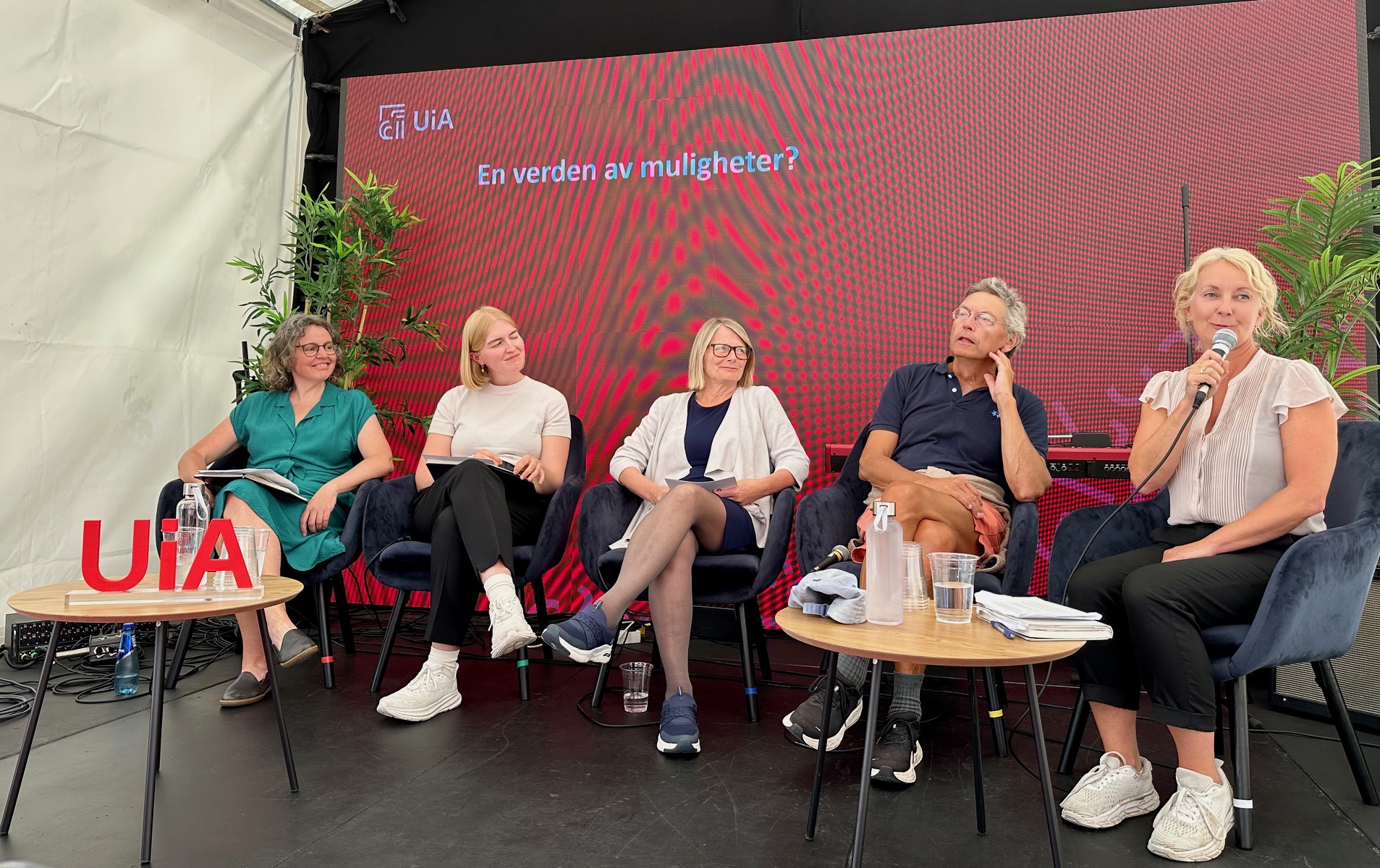
What world of possibilities?
In the autumn of 2020 – while the pandemic was still raging – the Storting’s report on student mobility called “A world of opportunities” came out. The foreword to the message states: “Spring 2020 has clearly shown us how dependent we are on each other and how intertwined the world is. International cooperation and dialogue across national borders are prerequisites for being able to handle the major global social challenges the world is facing. Global challenges require global solutions.” Just over two years later, tuition fees were introduced for students from countries outside Europe and the result is markedly fewer international students at Norwegian universities. This is part of a larger picture where support for collaboration with higher education institutions and researchers in the global south is cut or reduced (e.g. NORGLOBAL and NORPART). What are the immediate consequences of this for the quality of education and research? Should we see these policy changes as something more than domestic education and research policy? What long-term consequences could this have for the labor market and Norway’s international relations? At Arendalsuka, we invite you to a discussion about who the Norwegian authorities have in mind when exchange and academic cooperation are to contribute to finding global solutions to global challenges.
Please click on the link bellow for more details:
https://www.arendalsuka.no/programsok/details/25007
